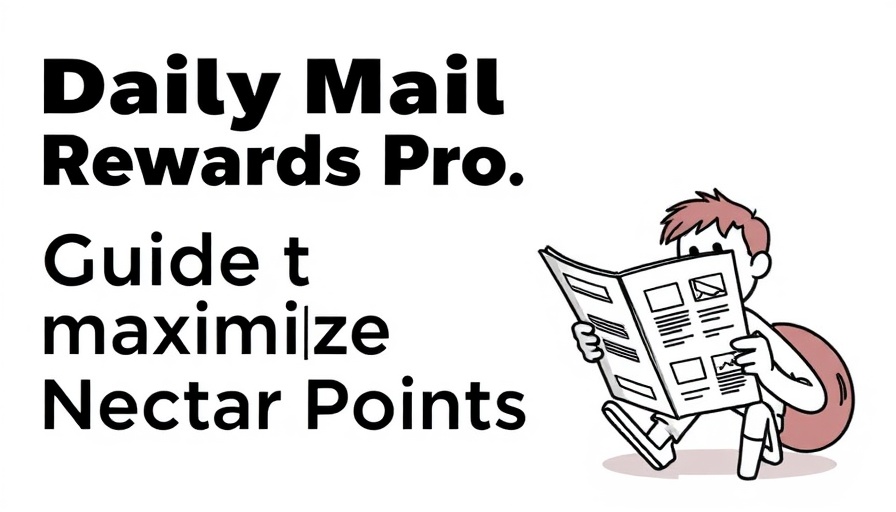
Breaking Free from the Paycheck-to-Paycheck Cycle
In recent years, the issue of living paycheck-to-paycheck has escalated significantly, impacting approximately 78% of American households. This troubling statistic highlights not just financial instability, but also the emotional and psychological strain that accompanies financial insecurity. Understanding and addressing these pain points is essential for financial institutions and service providers looking to reach consumers more effectively.
A Multi-Pronged Approach to Financial Stability
Alleviating the burdens of living paycheck-to-paycheck involves multiple actionable strategies. Here are the four essential steps that can empower individuals to break free from this cycle:
Step 1: Increase Your Income
The first strategy to consider is enhancing earnings, whether through taking on a second job, pursuing freelance gigs, or negotiating for a raise. It’s crucial to recognize that earning more can provide a buffer against living expenses, allowing individuals to prioritize saving rather than merely surviving.
Step 2: Mindful Spending
Next, evaluate your spending habits. Identify and eliminate unnecessary expenses, such as subscriptions or dining out more than occasionally. Fostering a habit of spending less not only creates extra cash flow but also instills a sense of discipline that can be transformative in one's financial journey.
Step 3: Build Your Emergency Fund
Creating an emergency fund is instrumental for financial security. This fund acts as a financial safety net, safeguarding against unexpected expenses and reducing reliance on credit. Even starting small—like saving $500—can make a difference and build a lasting habit of savings.
Step 4: Prioritize Debt Repayment
Finally, tackle existing debt strategically. Listing debts and prioritizing them can provide clarity and help develop a repayment strategy that works. Options like the snowball method or balance transfers can reduce the burden faster while preventing further financial strain.
Why Financial Stability Matters
Living paycheck-to-paycheck is not just a financial issue—it affects mental well-being and life satisfaction. By addressing financial habits, individuals can unlock a future filled with opportunities, reducing stress and enhancing overall quality of life. Financial institutions can play a pivotal role in providing tools, resources, and support to help individuals embrace these changes, making a significant impact in the overall financial health of their communities.
Making the Change
Ultimately, the journey toward financial independence begins with acknowledging the steps outlined and committing to lasting changes. As we collectively aim for better financial wellness, remember that the journey of a thousand miles begins with a single step. Are you ready to take that step?
 Add Row
Add Row  Add
Add 



 Add Row
Add Row  Add
Add 


Write A Comment